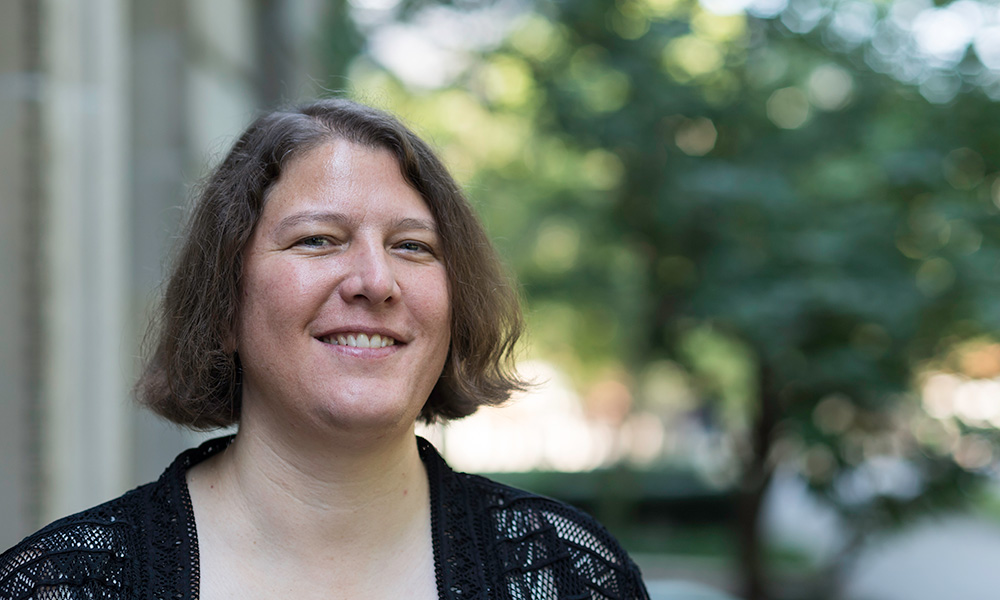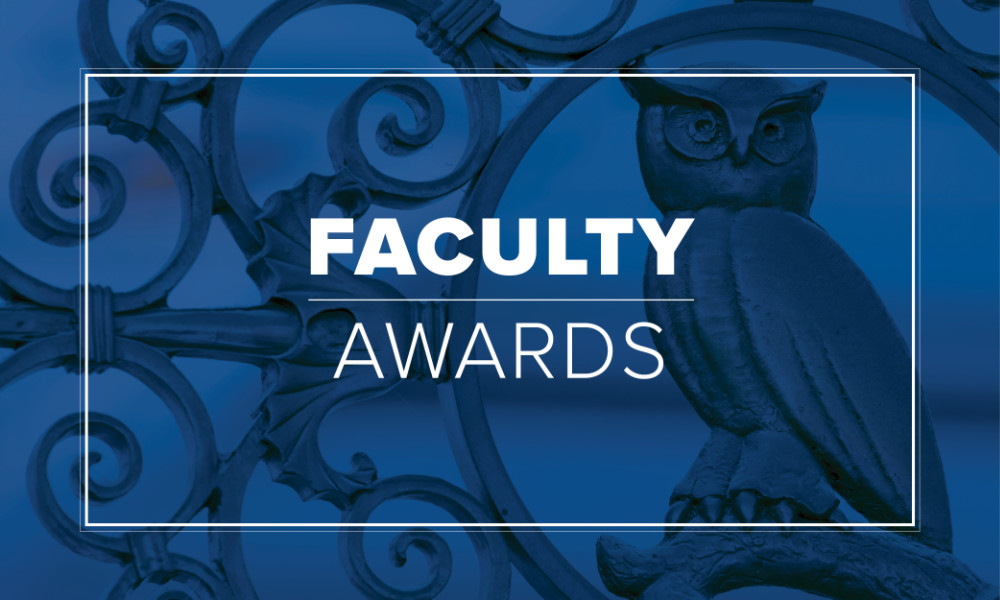Rachel Remmel is the new executive director of the Center for Excellence in Teaching and Learning. She replaces Vicki Roth, who started the program 28 years ago and retired this summer.
The center’s mission is to promote quality teaching and learning through a range of programs for faculty, graduate students, and undergraduate students.
Remmel also will serve as an assistant dean. She began her new duties August 1.
“We’re excited that Rachel has moved into this role,” says dean of the College Jeffrey Runner, who announced her appointment. “I’ve met with her a number of times to talk about her vision for the center and am always impressed by how she sees both the big picture and the tiniest detail, focusing on the success of our students and faculty, as well as her own staff.”
Remmel grew up in Portland, Maine, and received her undergraduate degree at Williams College in Williamstown, Massachusetts, and her doctorate in philosophy (art history) at the University of Chicago. She spent a decade as an assistant professor of American studies at the Eastman School of Music before moving to the River Campus in 2015 to become the Center for Excellence in Teaching and Learning’s assistant director for faculty development.
“I’ve always loved working with undergraduates,” she says. “There’s something about that age range that appeals to me. They’re trying to figure out how to navigate the academic world and what they want to study.”
Remmel sees her primary role as helping students and faculty accomplish their goals.
“We want to make sure we’re supporting their academic needs and making sure they’re getting what they need—their vision for how they want to learn and teach,” she says.
Remmel plans to “build on the foundation” Roth left, while continuing recent projects such as the Study Zone, which offers peer-supported study sessions. The program began last January.
She also hopes to expand the voluntary instructor mid-semester course evaluations, asking students what they are (or aren’t) getting out of the course.
“We’ll analyze the data and meet with the instructors to talk over patterns and a range of possible responses,” Remmel says. “It gives students an extra voice in the classroom and gives us the ability to help instructors make immediate changes.”





